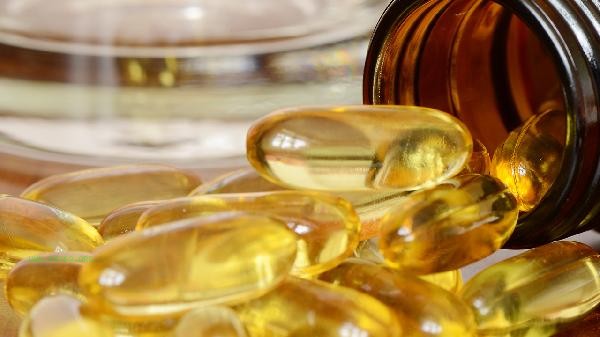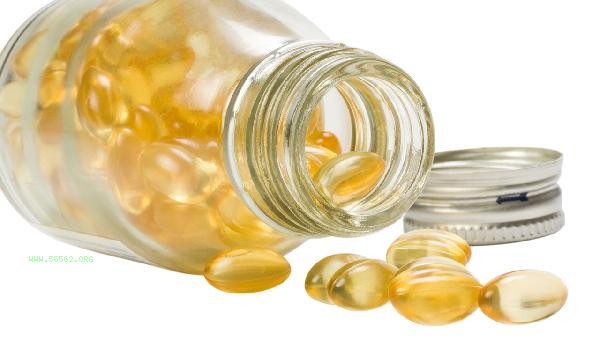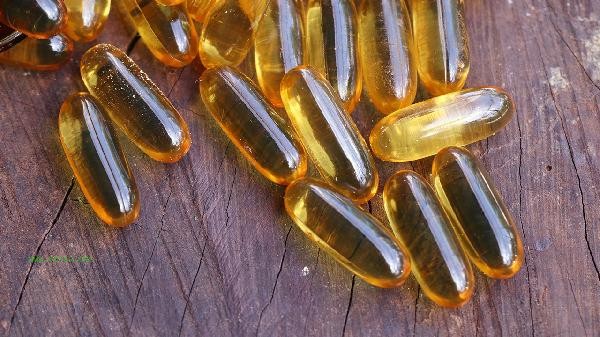Moderate supplementation of EPA in fish oil for children is usually harmless, but the dosage needs to be adjusted according to age and health status. EPA belongs to Omega-3 fatty acids and has a positive effect on brain development and immune function in children, but excessive amounts may affect coagulation function or cause gastrointestinal discomfort. The EPA in fish oil can help promote the development of children's nerve cells and cognitive function, especially in children with attention deficit hyperactivity disorder. At regular doses, it can regulate the inflammatory response in the body and reduce the probability of allergic diseases. Some studies have shown that EPA can promote retinal health and has potential benefits for visual development. When choosing fish oil products specifically for children, it is recommended to pay attention to the ratio of EPA and DHA. Long term excessive intake of EPA may interfere with platelet aggregation function and increase the risk of abnormal bleeding. Some children may experience gastrointestinal reactions such as hiccups and diarrhea, which are related to fish oil purity or individual tolerance. Children with bleeding disorders or taking anticoagulant drugs should be cautious when supplementing. Some deep-sea fish oils may have heavy metal residue issues, and it is necessary to choose products that have been purified by molecular distillation.

It is recommended that parents determine the supplementary dose of EPA for children under the guidance of doctors or nutritionists, and give priority to salmon, sardine and other foods. During the supplementation period, observe for any abnormal conditions such as skin bruising and nosebleeds. Avoid taking vitamin E or other nutrients that affect blood clotting at the same time. Choose fish oil products that have third-party testing and certification, and store them refrigerated after opening to prevent oxidation and spoilage.





Comments (0)
Leave a Comment
No comments yet
Be the first to share your thoughts!